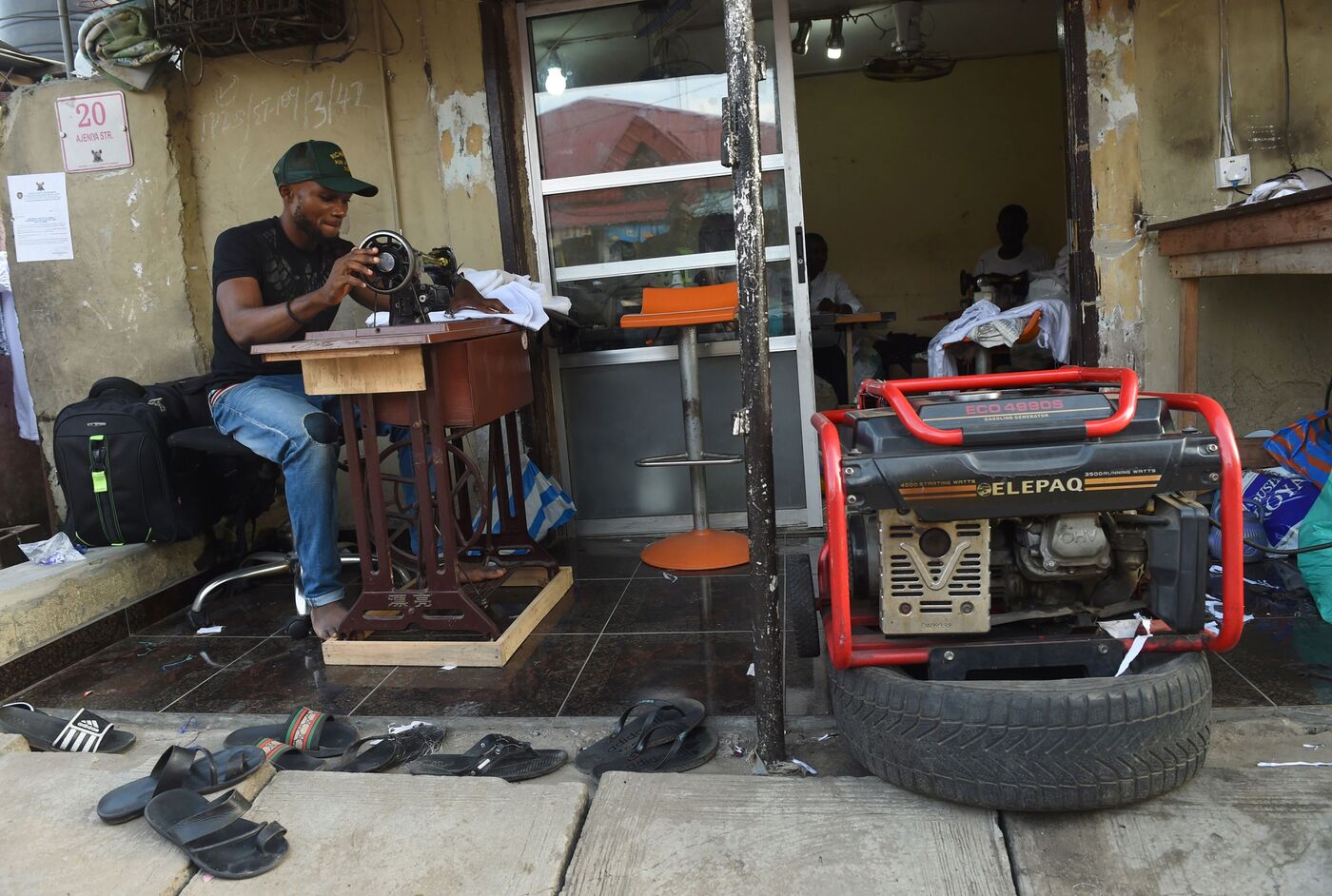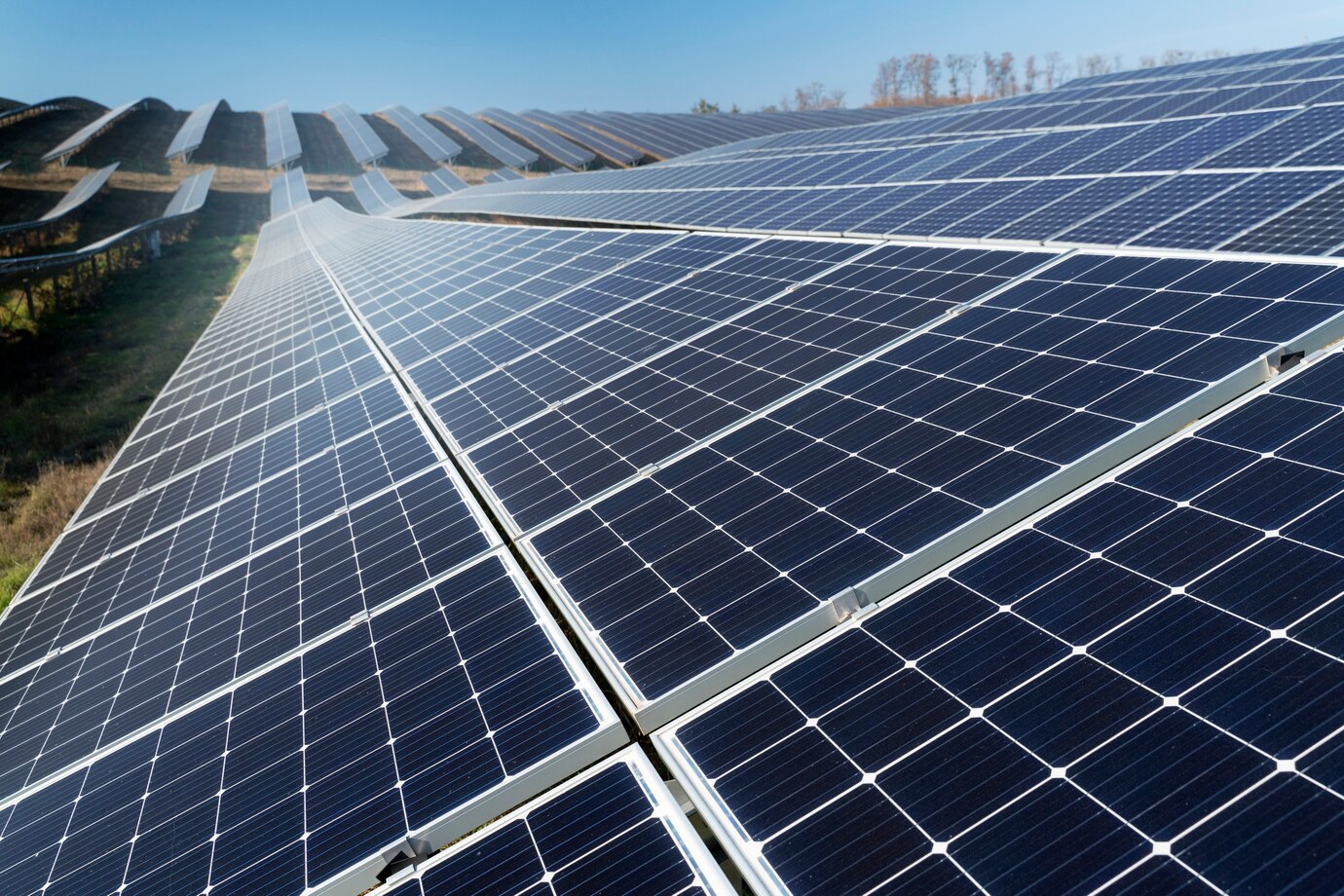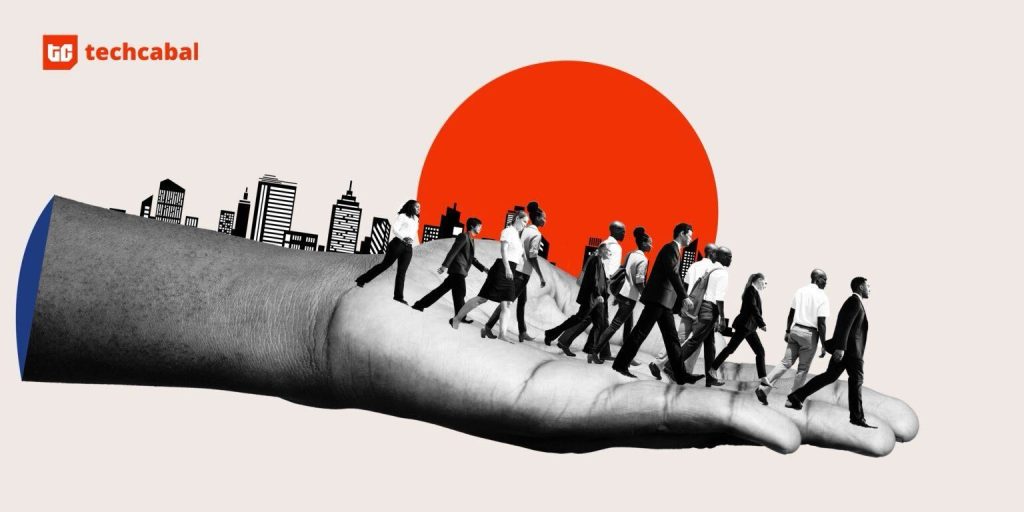Electricity distributors in Nigeria are planning to increase tariffs by 40% from July. Fueled by the FX rate unification, this development will hurt small businesses.
Jikka Bobo runs a small restaurant in Abuja and currently spends about ₦50,000 on electricity monthly with an average of six hours of power daily. According to him, he already struggles with running the business and the planned hike in electricity tariff will only make his business less profitable. “In the past month, the prices of ingredients have gone up by about 25%, not to mention the cost of transporting the ingredients down here. We have appliances like a freezer, a fridge, and other cooking equipment that require electricity to run,” he told TechCabal.
From July 1, 2023, power distribution companies (DisCos) in Nigeria will increase electricity tariff by over 40% due to several reasons including the recent unification of the country’s foreign rate. For small businesses already grappling with existing problems including fuel hike and rising inflation, the proposed hike in electricity tariff will mean an increase in their energy costs which already form a significant portion of their running costs. According to the World Bank, businesses in Nigeria lose $29 billion yearly to poor electricity.
Like many other small businesses, one of Bobo’s major frustrations is that he still has to buy fuel and diesel for his generators as the power supply is not stable enough to run his business. He spends an average of ₦30,000 weekly on diesel to supplement the electricity he gets.
Bobo confesses that he’s not even sure how to navigate the proposed tariff hike. “We only raised our prices last week due to the fuel price hike, and customers have already started to complain about that. We’ll see how business goes before implementing another increase, just to see how much loss we’re incurring and if we can manage. We’re not a big restaurant yet and can’t charge as much as we’d like without losing some customers, or even making up for our loss in other areas,” he shared.
Bala Zakka, an energy analyst, said small businesses can’t afford to incur additional costs considering the state of the Nigerian economy. “Before now, small businesses were already groaning in pain due to lack of electricity. With the increase in tariff, their operating cost will go up and what that means is an increase in the cost of goods and services,” he told TechCabal.
For Anisa of Amica Salon, there just isn’t enough profit in sales to cover the jump in electricity. Anisa runs a female salon in the heart of Kaduna, and she cannot envision having to pay 40% more for electricity without increasing prices. “I did a quick calculation as soon as I heard the news and discovered that it just wasn’t possible.”
Anisa is trying to build a salon that prioritizes quality and customer satisfaction but that just gets harder to achieve by the day. “I started out trying to build a high-standard salon and while this looks pretty straightforward, the policies in Nigeria just make that vision blurry. I import a lot of my products and materials, from wigs to hair products and appliances, and so the rising price of the dollar already makes it difficult for me to make a decent profit,” she told TechCabal.
Businesses in major cities like Lagos and Abuja might be able to raise prices easily but not Anisa’s, as her business operates in Kaduna, where the cost of living is relatively lower to cities like Lagos and Abuja.
“We currently don’t make a lot of profit, considering that I have to pay rent and my four staff. Unless we miraculously begin getting more clients, I’m going to have to increase my prices, which will probably discourage some of my already loyal clients.”
Anisa boasts six electricity-guzzling bonnet hair dryers, electrical chairs, and some other appliances including water heaters and steamers. Nearly all of her services require electricity, and even when they don’t, she still has to turn on the air conditioning for her clients. “Some clients can’t sit in your shop without the AC being turned on. Sometimes we even try to conserve units by turning on the fan, and they insist on air conditioning,” she shared.
Her salon gets a relatively steady power supply, but that also means that she spends a lot more on electricity units for their prepaid meter. While ₦10,000 could get her salon about 200 units, a 40% increase means that she’ll only be able to purchase just about 120 units with the same amount.
Small businesses have little choice but to resign themselves to the current reality, and hang on as long as they can. However, Adeola Adenikinju, a professor of Energy Economics at the University of Ibadan, told TechCabal that the upward price review reflects the market but the consumers shouldn’t have to bear the burden alone. “There is a responsibility for the DisCos to improve the quality of service so people have adequate and stable electricity. It is high time we did away with estimated billing that places the burden of payments on the citizens,” he said.




















